Leaders at a Baptist church in Connecticut have gone silent after it was uncovered that a sex offender had been leading the church for years. Letters from church officials and court records show that a pastor was allowed to continue leading his church for five years while on the state sex offender registry after a child-molestation conviction.
The pastor was actually arrested twice – most recently after a 2014 state roundup of sexual predators – before stepping down from his position. He is currently serving a two-year prison sentence.
Where was the response?
Obviously, church leaders are under fire in the community for their response, or lack thereof, to this horrific situation. Letting a child sexual predator into your church ranks is wrong, and allowing them to stay is morally and criminally negligent.
The situation did get us thinking though. How are you supposed to deal with a sex offender who wishes to worship at your church? If you had knowledge of the person’s past, like the Connecticut church did and he/she abused a child connected with the church, you would face tremendous legal liability and major damage to your reputation.
We turned to the experts at Church Executive magazine for some information (click here to read our article about Common Misconceptions in the Background Screening Process that appeared in the magazine’s September/October 2015 issue).
The first thing you need to do is verify the person’s current sex offender status. You do not want to make a mistake about this person. You can check the National Sex Offender Public Website (NSOPW) at nsopw.gov. Many local police departments or county sheriff’s offices also have up-to-date websites and apps that have this information.
Local laws and ordinances may impact how you’re allowed to deal with a sex offender. For example, some laws restrict an offender from being anywhere where children congregate, such as a church.
The next step is to create a policy of how you’ll approach the issue. Church Executive says your options range from:
? Allow unfettered access to programs and facilities.
? Exclude the individual from the congregation entirely.
? Limit access to certain programs or areas at specific times.
? Require other conditions, such as monitored attendance and/or coordination with the individual’s probation officer or treatment provider.
As ministries often teach the power of forgiveness, you may find yourself considering a modified approach that lands somewhere in the middle of this list. You may allow a sex offender to join your church, but limit his/her access to certain parts of the building, programs and activities. Whatever policy you’d like to create, always work with the guidance of an attorney. This is a sensitive matter for everyone involved.
You might also want to consider tracking the person through a law enforcement website. In many cases, you can be alerted to any changes in the person’s residence or if they move closer to a church, school or daycare.
Another option is to meet with the offender. Again, an attorney should be present along with your ministry’s leader or leadership council. Here is what Church Executive advises you should discuss:
? Lets the offender know the congregation is aware of his/her background;
? Affords an opportunity for the congregation to provide and explain its policy;
? Provides an opportunity to discuss the ministry needs of the individual;
? Allows signing authorization for a background check and release of probation/parole information to your organization;
? Provides a time to discuss who else will be made aware of the situation.
Obtaining consent to run a background check is absolutely imperative. Your church needs to be fully aware, and have complete understanding, of this person’s entire criminal history, especially as it pertains to child sexual abuse. If he/she will not consent to a background check, they are not allowed in, or near, your ministry, its campus, or its outreach programs. Simple as that.
In addition to conducting a background check, though, you need to take this opportunity to educate anyone in your congregation who wants to learn more about child sexual predators. Support staff, volunteers and full- and part-time employees should all be required to take Protect My Ministry’s Child Safety Training course, but general congregation members should also be encouraged to sign up. The better informed and trained everyone is in your church, the safer your children will be.
Finally, enforce the plan. Any violation, no matter how small it may seem, should be taken seriously. There is no room for error when dealing with a sex offender in your church.
Be sure to forward these tips to your congregation and social media connections!
Protect My Ministry is the country’s premiere background check company for ministries. An NAPBS-accredited screening company, we are committed to providing best-in-class background checks and child safety training for your church. Check out our free videos here to learn how we do it.
